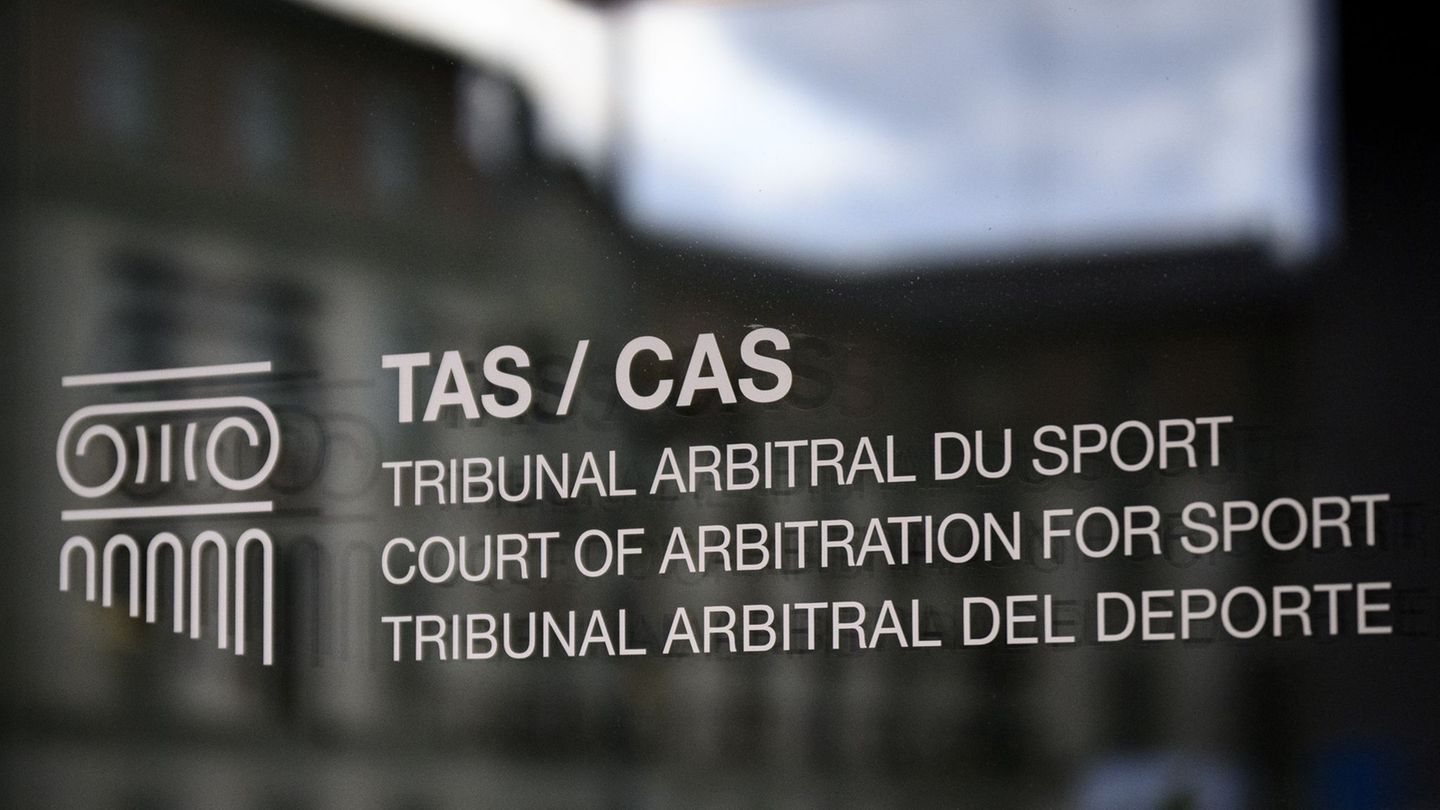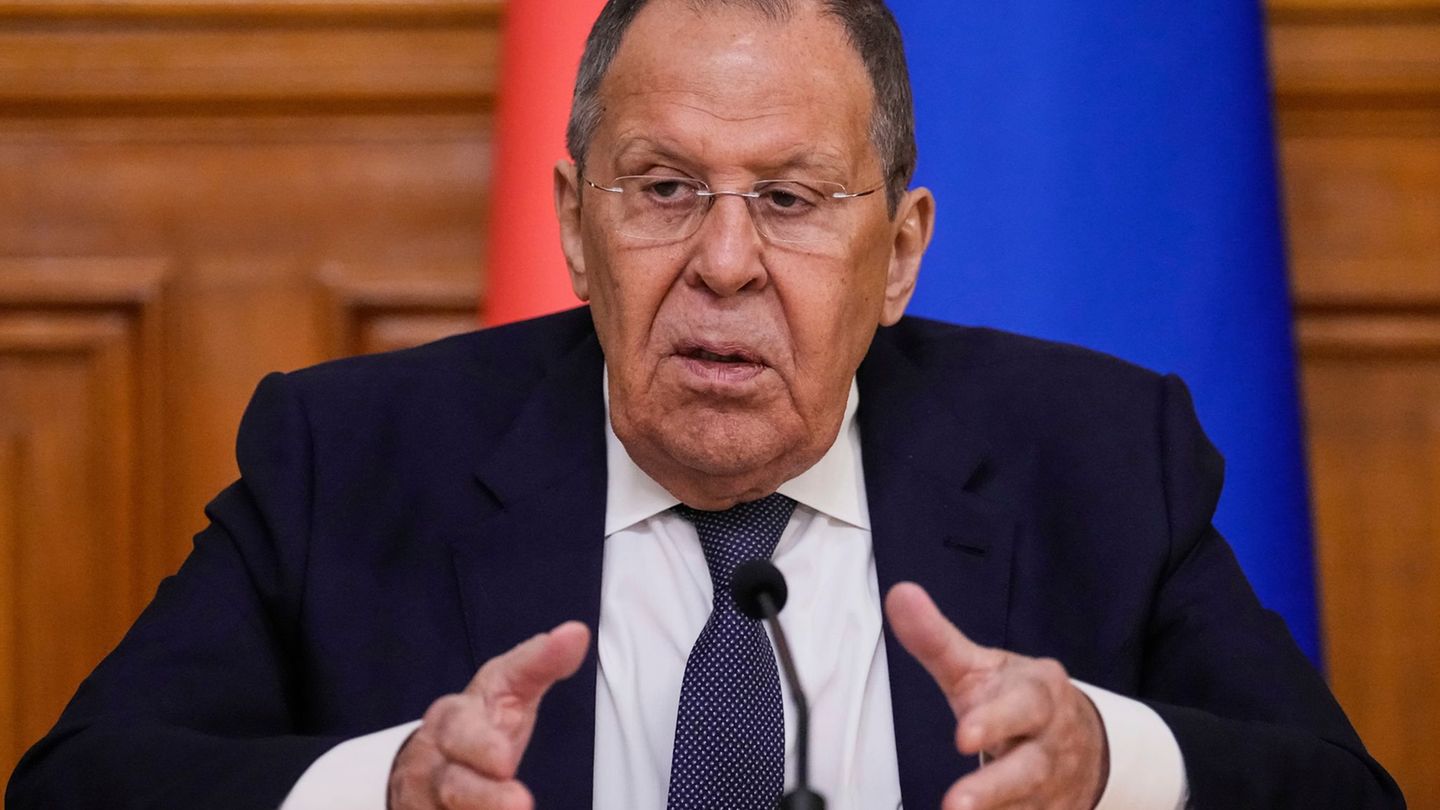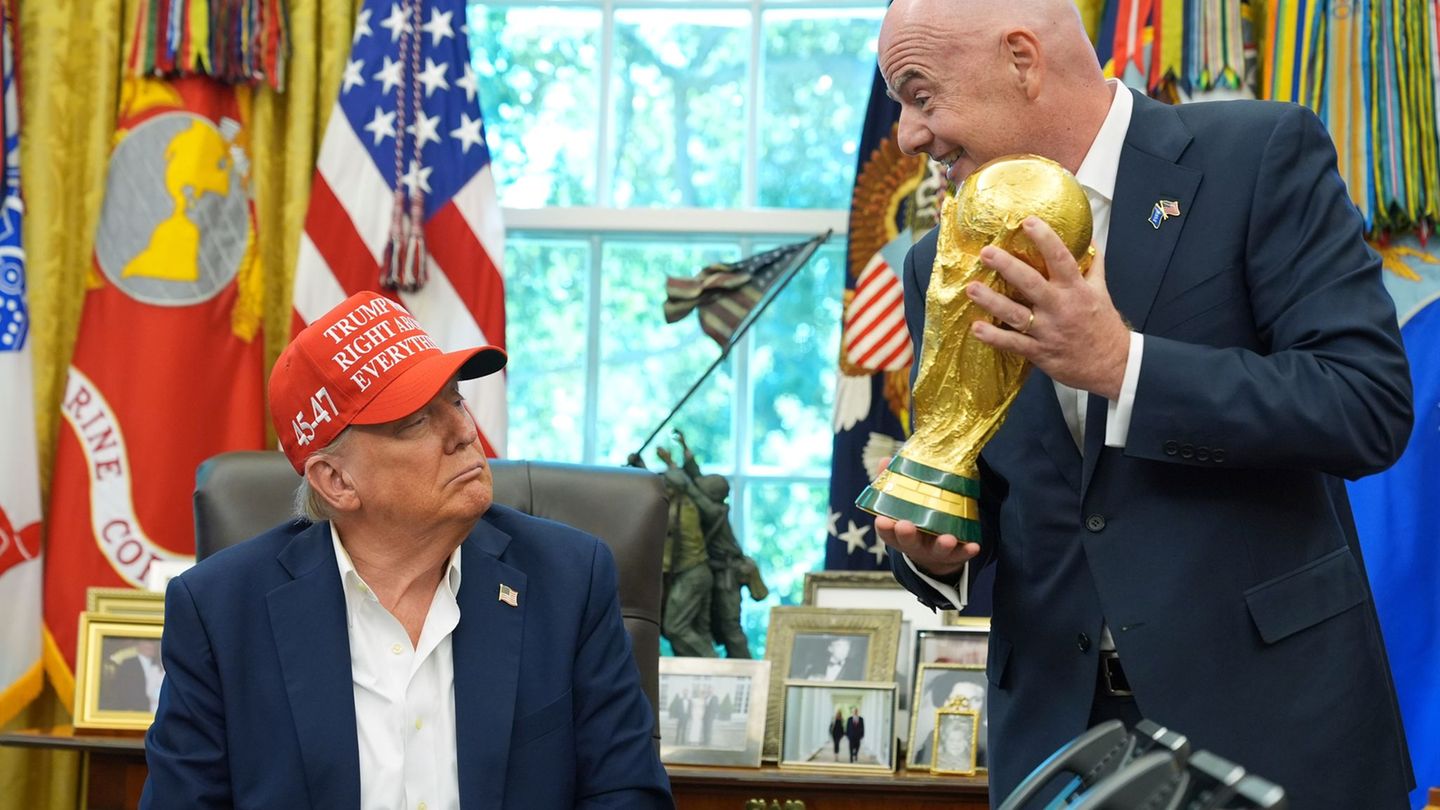Judgment of the sports justice
“Significant day”: The highest EU court limits CAS
In the event of a legal dispute in the sports world, the International Sports Court CAS in Lausanne actually has the last word. But now there is an important and serious judgment.
Athletes no longer have to accept decisions from the CAS sports court as binding. The European Court of Justice (ECJ) opened the way to decent EU courts with a sports-historical judgment. There it can be checked whether CAS arbitration sayings are compatible with public order, i.e. the main legal foundations of the European Union. This could have a major impact on the CAS, which has largely been able to speak the last word in the international sports justice.
“This is an important day for sports arbitration,” said sports law expert Jan F. Orth from the University of Cologne to the German Press Agency. “Today, the ECJ has strengthened the rights of the structurally weaker, especially the athletes and clubs. These can now become more and more achieved that a national dish is checking the compatibility of CAS arbitration sayings with the European” Ordre Public “.”
In the future, antitrust law is probably in focus
The judge’s decision in Luxembourg significantly limits the CAS – how much it weakens it in the long run will only be shown: So far, the judgments of the sports court were largely final. Only the Swiss Federal Supreme Court could still tip the decisions of the arbitral tribunal based in Lausanne – and only with procedural errors.
But that changes now. “The courts of the member states must be able to examine the compatibility of these arbitration in detail with the basic rules of Union law,” said the ECJ court in Luxembourg. A central point should be antitrust law. Again and again athletes or clubs complain against rules that are often imposed on them by large associations.
The CAS was emphasized in a first reaction and pointed out that the sports judges would already apply EU law “if this is necessary”. CAS General Director Matthieu Reeb said: “In the service of the international sports community, CAS will continue to settle promptly and expert disputes worldwide.”
Belgian association with legal success over FIFA
In the specifically treated case, the Belgian Football Association RFC Seraing has been arguing with the FIFA Weltverband FIFA for more than ten years. This regulates that the economic rights of players must not be sold to investors. The ban is defined in the regulations of FIFA, the European Football Union UEFA and the national associations.
FIFA had therefore prohibited the club that external investors acquire rights to players – and in 2015 occupied it with a transfer block and fine. The case landed in front of the CAS that decided in the sense of FIFA. The Swiss Federal Supreme Court also had nothing to complain about.
Seraing then questioned the independence of the CAS because it is financed by international associations. The association pulled in front of the courts in Belgium. Due to the ECJ judgment, the dispute there can now continue there and the RFC Seraing have new chances of a favorable outcome for it.
The club’s lawyers welcomed the judgment: “In summary, it can be said that the ECJ has put an end to the procedural fraud with which international sports associations tried to avoid the actual application of EU law by introducing an obligatory arbitration outside the EU.” The International Olympic Committee announced that the judgment would be read carefully.
Sportrechtler Orth: “Not the end of the CAS”
The ECJ judgment does not come as a surprise – the general lawyer at the ECJ had already argued that national courts in the EU had to be able to check the arbitration between sports arbitration courts outside the EU. In her view, the responsibility of the CAS in football is forced to the sports actors.
“But it doesn’t mean the end of the CAS,” said Sportrechtler Orth. “International sports arbitration remains important and sensible so that we have uniform standards worldwide when it comes to the assessment of sports court facts.”
Since 1984, the CAS has decided on disciplinary punishments, transfer permits and doping locks. Only if fundamental EU rights are violated will the process participants in the future, according to the ECJ’s intention.
dpa
Source: Stern
I am Pierce Boyd, a driven and ambitious professional working in the news industry. I have been writing for 24 Hours Worlds for over five years, specializing in sports section coverage. During my tenure at the publication, I have built an impressive portfolio of articles that has earned me a reputation as an experienced journalist and content creator.




